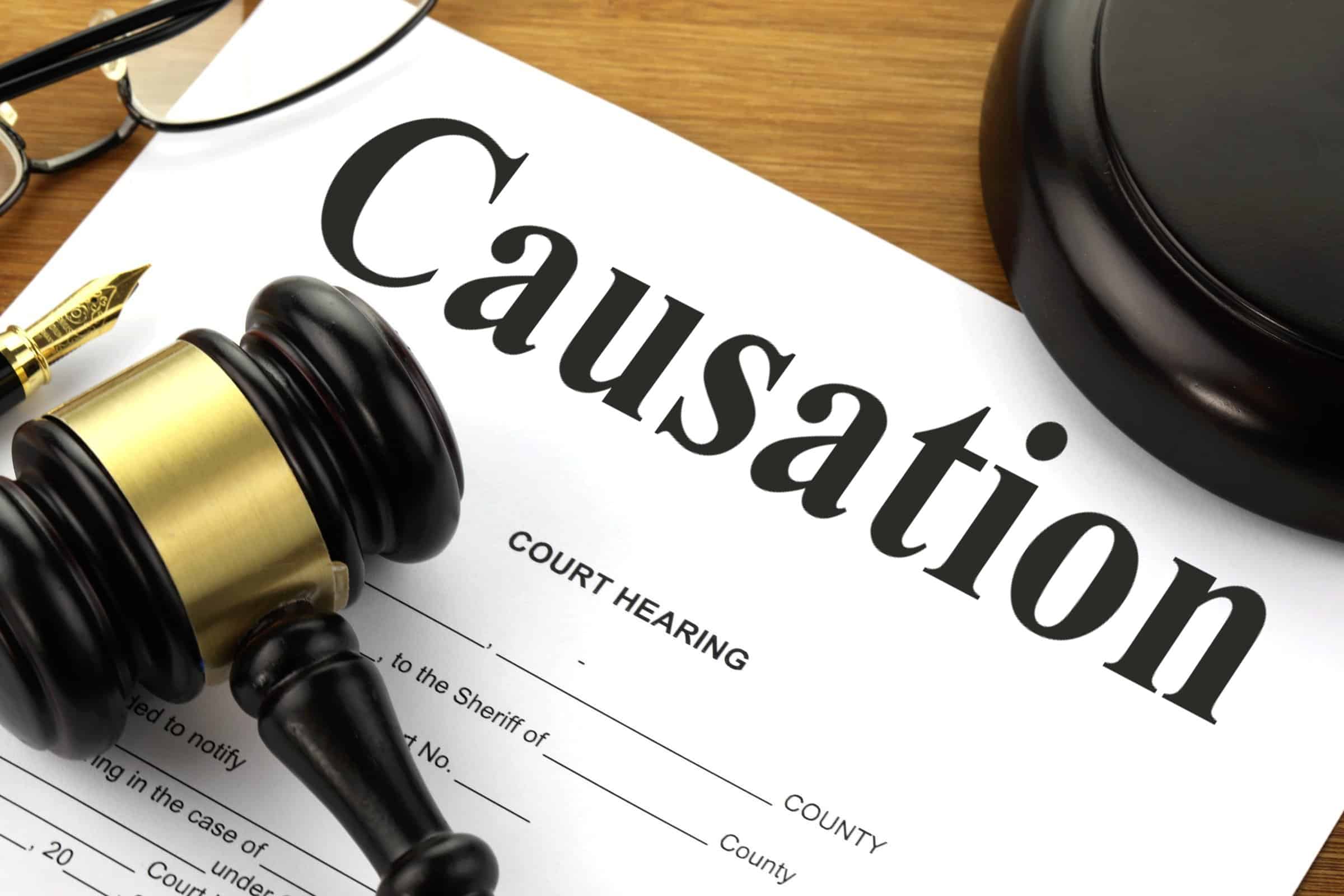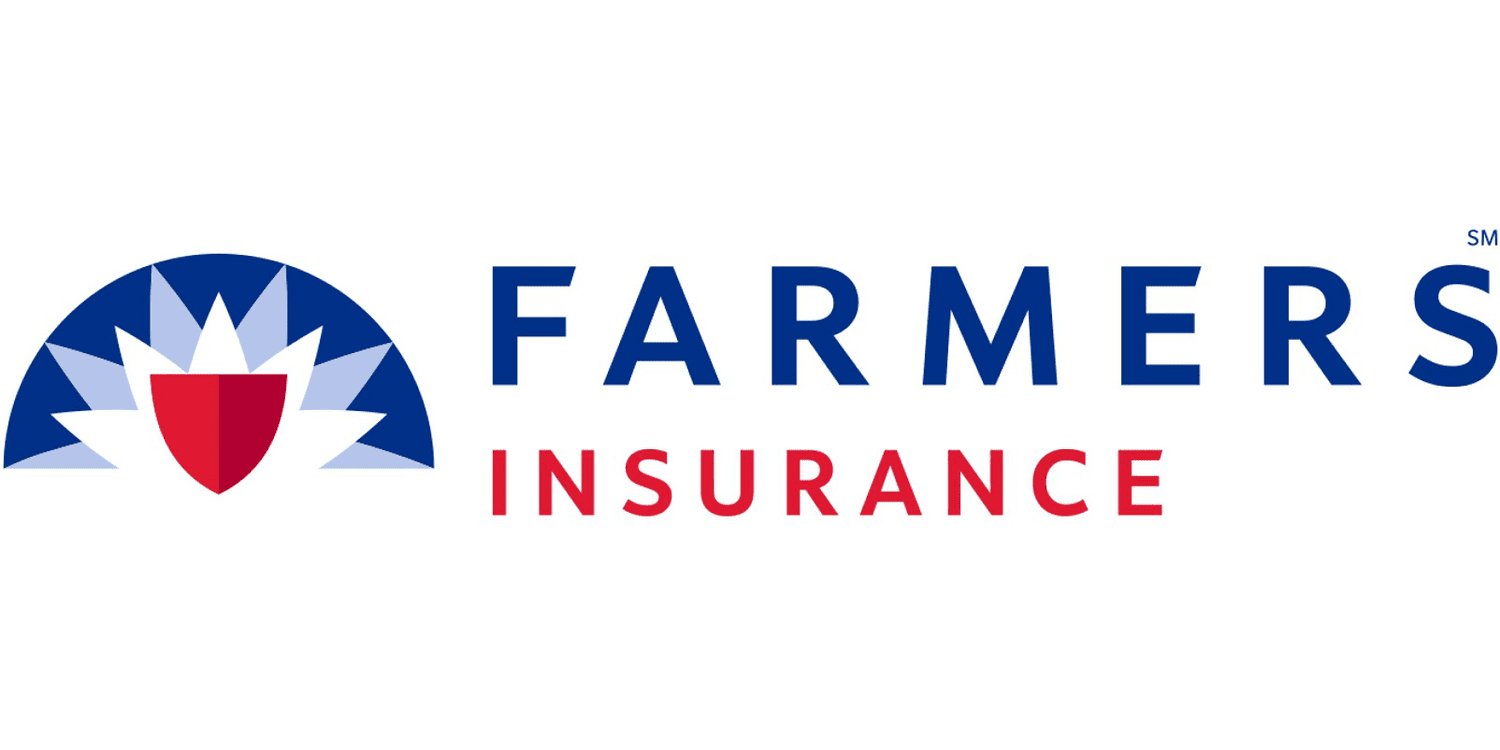
Causation is a legal principle that establishes a link between the defendant’s actions and the plaintiff’s injury or damages in a personal injury case. To succeed in a personal injury claim, the plaintiff must prove that the defendant’s actions were the cause of their injury, making causation a fundamental element of any negligence claim. Causation is often broken down into two key components: cause in fact (actual cause) and proximate cause (legal cause). At 770GoodLaw, we help clients build strong cases by clearly establishing causation, ensuring that the defendant’s actions are legally linked to the harm suffered.
Components of Causation
Causation requires demonstrating both actual and proximate causes to establish liability. Each component plays a specific role in linking the defendant’s actions to the injury:
- Cause in Fact (Actual Cause): This component, often referred to as “but-for” causation, means that the injury would not have occurred “but for” the defendant’s actions. In other words, the plaintiff must show that their injury was a direct result of the defendant’s conduct.
- Proximate Cause (Legal Cause): Proximate cause focuses on the foreseeability of the injury. It means that the injury must be a foreseeable result of the defendant’s actions, ensuring that the defendant is only held liable for harm that was reasonably predictable based on their conduct.
Importance of Causation in Personal Injury Cases
Causation is a critical element in personal injury cases because it ensures that liability is assigned only when a direct link exists between the defendant’s actions and the plaintiff’s injuries. Key reasons for proving causation include:
- Establishing Liability: Causation is essential to hold the defendant legally responsible for the plaintiff’s injuries, as it confirms that the injury was not due to other unrelated factors.
- Preventing Unfair Liability: By requiring proof of causation, the legal system ensures that defendants are only held accountable for injuries they caused, avoiding liability for incidents beyond their control.
- Strengthening Compensation Claims: Proving causation helps plaintiffs secure compensation for their injuries by demonstrating a clear link between the harm suffered and the defendant’s actions.
Challenges in Proving Causation
Establishing causation can be complex, especially in cases where multiple factors or parties may have contributed to the injury. Common challenges include:
- Pre-Existing Conditions: If the plaintiff has a pre-existing condition, it can be challenging to prove that the defendant’s actions, rather than the existing condition, caused or worsened the injury.
- Multiple Causes: In cases where more than one party’s actions may have contributed to the injury, it can be difficult to isolate the defendant’s role and prove that their actions were the primary cause.
- Complex Medical Conditions: Proving causation in cases involving complex medical issues may require expert testimony to clarify how the defendant’s actions led to the specific injury.
- Intervening Factors: If other events or actions occurred between the defendant’s actions and the injury, it may complicate causation, as these intervening factors could be seen as the true cause of harm.
Proving Causation in a Personal Injury Claim
To establish causation effectively, plaintiffs must present clear and compelling evidence linking the defendant’s actions to the injury. Important steps in proving causation include:
- Gathering Medical Records: Medical records provide evidence of the injury, the timeline, and any pre-existing conditions, helping to clarify the cause of harm.
- Using Expert Testimony: In cases with complex causation issues, medical experts or accident reconstruction specialists can provide testimony to explain how the defendant’s actions led to the injury.
- Documenting the Sequence of Events: A clear timeline of events from the defendant’s actions to the plaintiff’s injury helps demonstrate how the harm directly resulted from the defendant’s conduct.
- Addressing Potential Alternative Causes: If other factors could have contributed to the injury, addressing these possibilities and clarifying the primary role of the defendant’s actions strengthens the claim.
How 770GoodLaw Assists Clients in Proving Causation
At 770GoodLaw, we understand that proving causation is essential to building a successful personal injury claim. Our attorneys work closely with clients to gather the evidence needed to establish causation and demonstrate the defendant’s liability. Our approach includes:
- Collecting Comprehensive Evidence: We gather all relevant evidence, including medical records, accident reports, and witness statements, to build a strong causation argument.
- Working with Expert Witnesses: Our team collaborates with medical and forensic experts to provide testimony that clarifies the link between the defendant’s actions and the injury.
- Developing a Clear Timeline: We create a detailed timeline of events, demonstrating how the defendant’s conduct directly led to the plaintiff’s harm.
- Addressing Challenges in Causation: In cases involving pre-existing conditions or multiple causes, we develop strategies to counter challenges and present a persuasive case for causation.
Importance of Legal Representation in Causation Issues
Proving causation requires a thorough understanding of legal standards, effective use of evidence, and often, expert testimony. Skilled legal representation ensures that causation is established clearly, maximizing the plaintiff’s chances of receiving fair compensation. At 770GoodLaw, we provide dedicated support for clients facing causation challenges, helping them build compelling cases for justice and recovery.
Why Choose 770GoodLaw for Personal Injury Cases Involving Causation
Our commitment to Relentless Reliability and Sincetegrity drives us to provide comprehensive, client-centered support in cases involving complex causation. At 770GoodLaw, we work tirelessly to establish causation and secure the compensation our clients deserve for their injuries.






